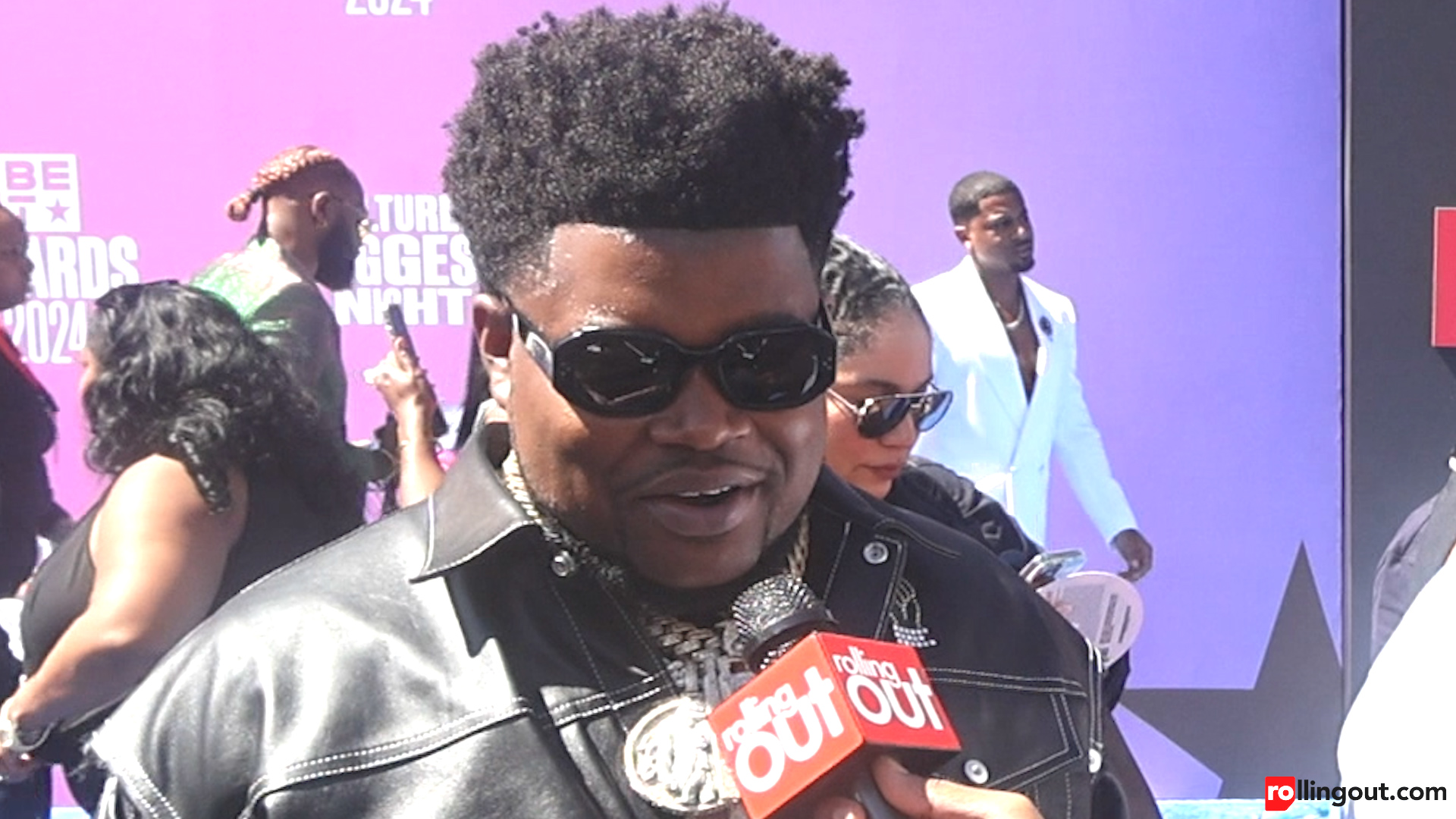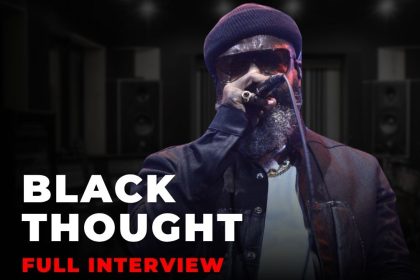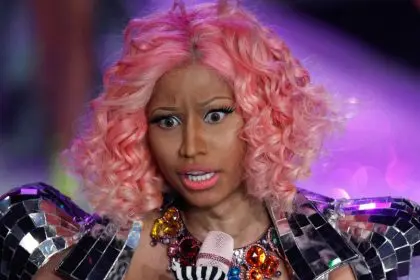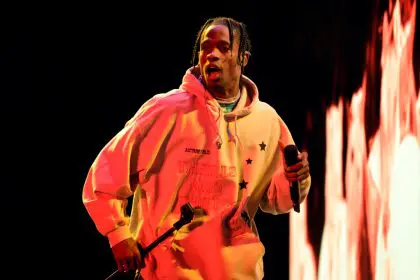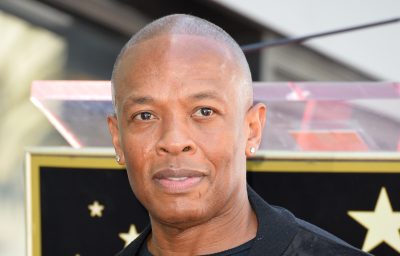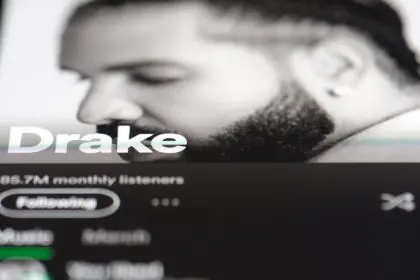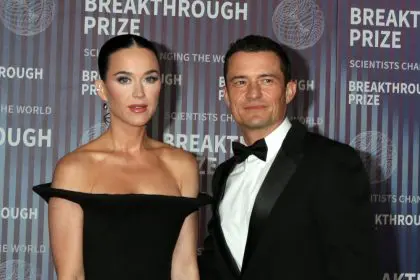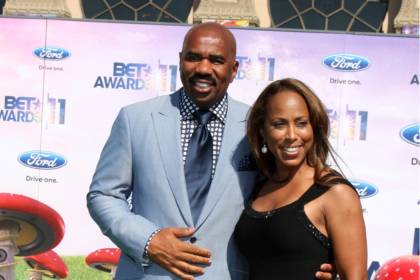A highly anticipated performance at Detroit’s Little Caesars Arena turned controversial on January 19 when rising rap star BossMan Dlow failed to appear for his scheduled set at The Big Show. The event, organized by local radio station 97.9 WJLB, featured prominent artists GloRilla and Sexyy Red, but it was the missing performer who captured headlines and sparked intense debate across social media platforms.
Behind-the-scenes tension
The situation rapidly escalated when Never Stop Grinding Entertainment’s promoter took to Instagram with explosive accusations against the rapper. In a viral video that has since circulated widely across social media platforms, the promoter alleged that BossMan Dlow arrived more than an hour late to the venue. More seriously, he accused the artist of being under the influence during the event, using strong language and demanding the return of a substantial $75,000 booking fee.
The artist’s defense
BossMan Dlow quickly responded to the mounting criticism through his Instagram story, offering a markedly different version of events. The rapper insisted he had been present in Detroit throughout the scheduled performance time, explicitly placing responsibility for the missed appearance on the event’s organization. His statement, “I’m literally in Detroit rn, been here, y’all blame the promoter for why I ain’t come not men,” highlighted the growing tension between artist and organizer.
Financial implications
The incident has brought attention to the significant financial stakes involved in modern concert promotion. The promoter’s demand for a $75,000 refund underscores the substantial investments made in securing artists for major venues. This situation serves as a stark reminder of how missed performances can impact not only an artist’s reputation but also create serious financial consequences for all parties involved.
Industry reputation at stake
Within the competitive landscape of hip-hop, reliability and professionalism play crucial roles in an artist’s long-term success. Missing a scheduled performance, particularly at a major venue like Little Caesars Arena, can severely damage an artist’s standing in the industry. Concert promoters, venue operators, and fellow artists closely watch such incidents, as they can influence future booking decisions and collaborative opportunities.
The role of social media
Social media has amplified the impact of this controversy, with fans and industry figures weighing in from all sides. The instantaneous nature of platforms like Instagram has allowed both the promoter and BossMan Dlow to present their perspectives directly to the public, though this immediate access to audiences has also intensified the conflict’s visibility and potential impact on both parties’ reputations.
Impact on fan relationships
The incident has created ripples throughout BossMan Dlow’s fan base, with supporters divided over the situation. While some fans have rallied behind the artist, accepting his explanation and defending his reputation, others express disappointment over the missed opportunity to see him perform. This division highlights the delicate balance artists must maintain between professional obligations and fan loyalty.
Legal and contractual questions
The controversy raises important questions about contractual obligations in the music industry. The promoter’s public demand for a refund suggests potential breach of contract issues, though the specific terms of the agreement remain private. This situation may lead to broader discussions about artist contracts and performance guarantees in the hip-hop industry.
Industry standards and expectations
This incident has sparked conversations about professionalism and reliability in hip-hop culture. As the genre continues to dominate mainstream music, there’s increasing pressure on artists to meet the same professional standards expected in other entertainment sectors. The controversy highlights the growing pains as hip-hop adapts to larger commercial success and higher stakes performances.
Looking forward
As this situation continues to develop, both BossMan Dlow and the promoter face challenges in resolving their dispute. The outcome could influence how similar situations are handled in the future, potentially leading to more stringent contractual requirements or changed industry practices. The incident serves as a cautionary tale about the importance of clear communication and professional conduct in the music industry.

